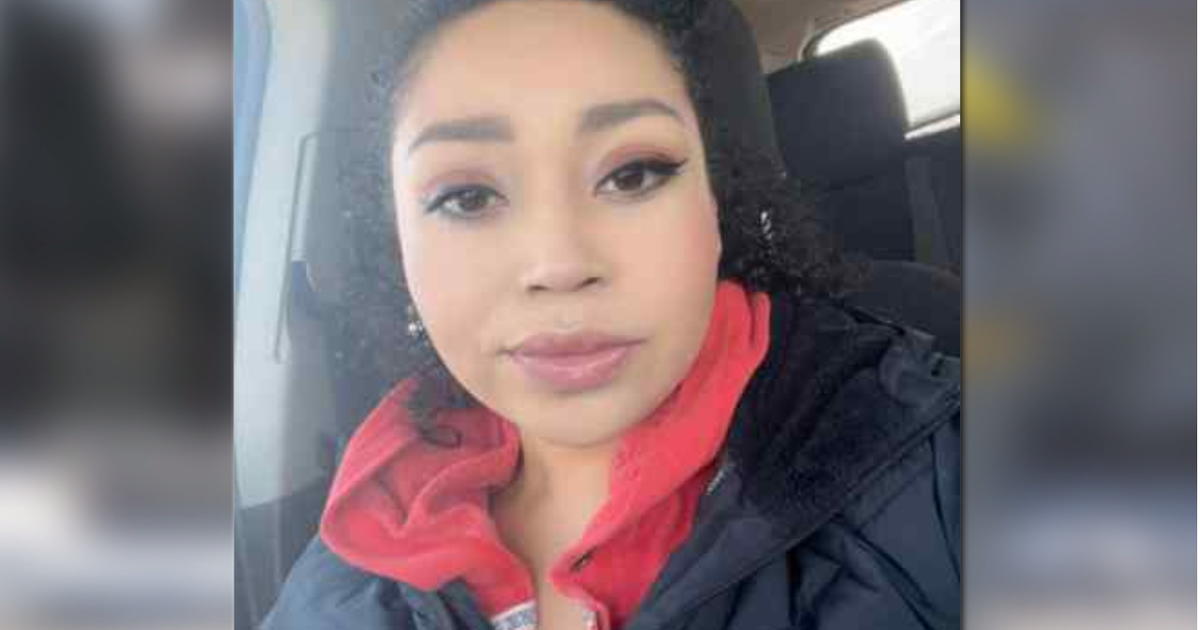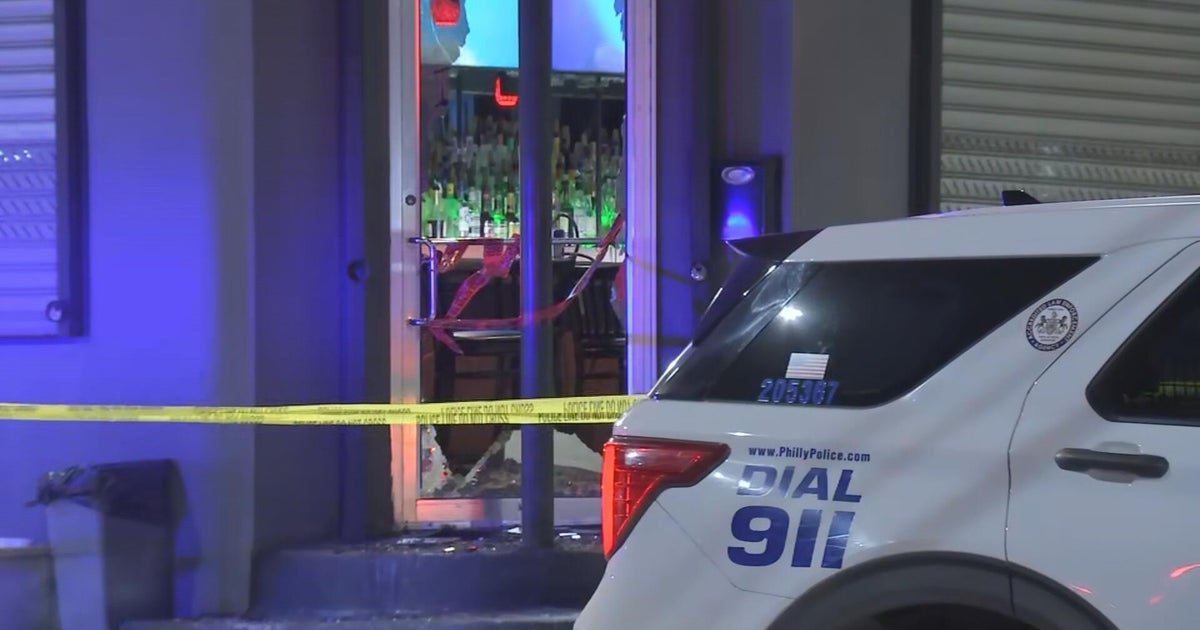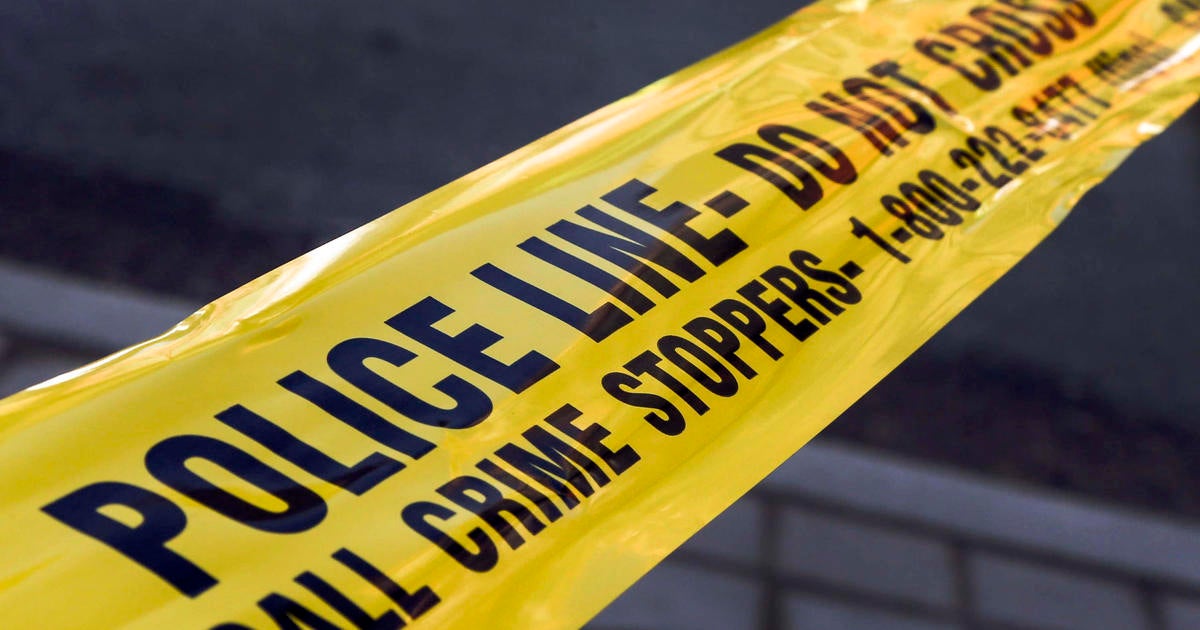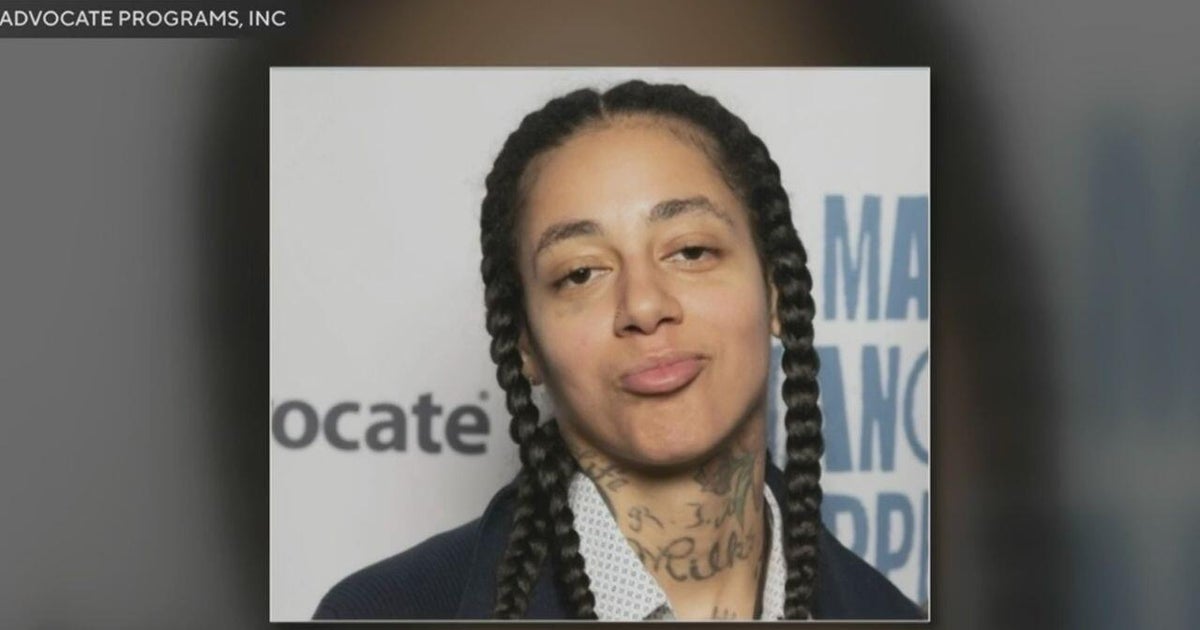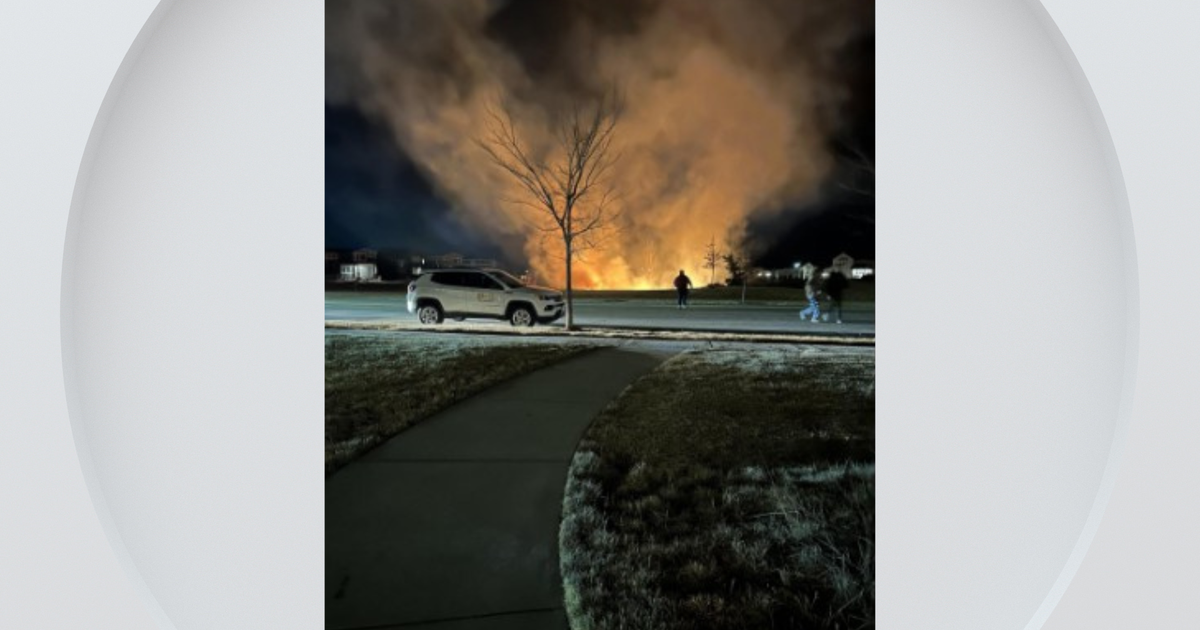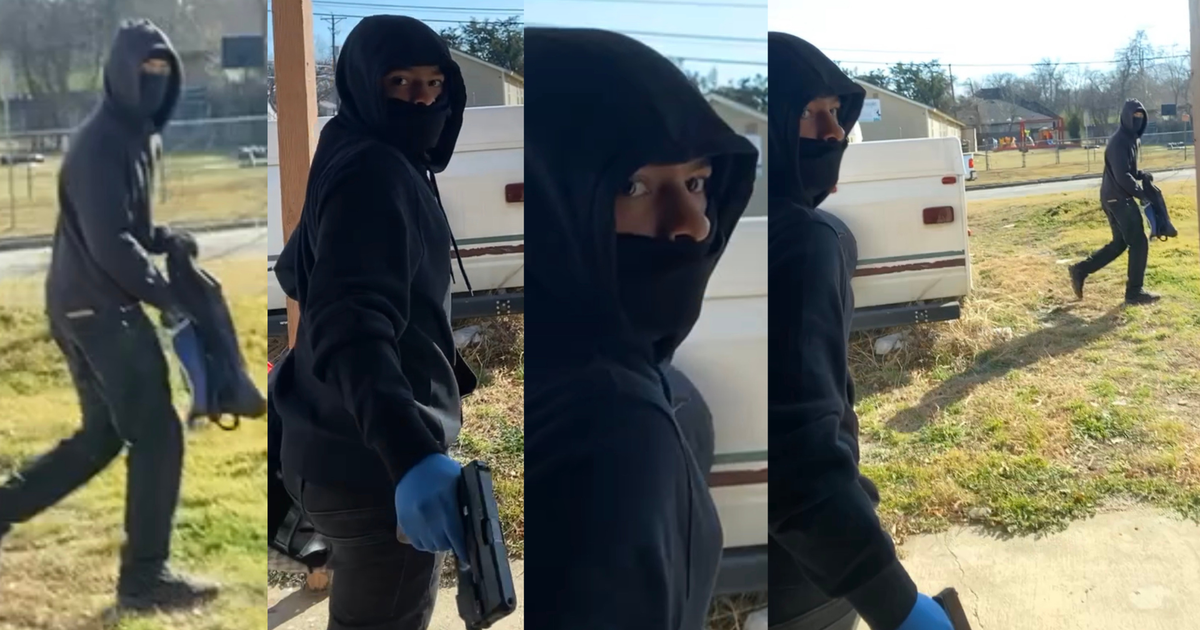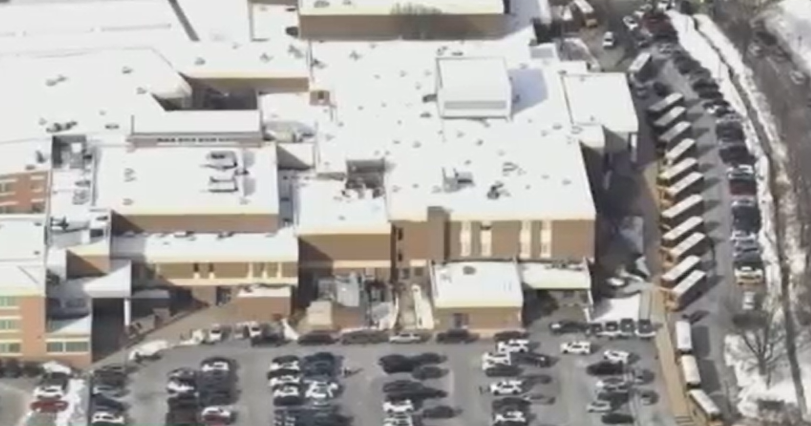'Body-Worn Cameras Must Be On': Mpls. Officials Announce MPD Policy Changes
MINNEAPOLIS (WCCO) -- All Minneapolis Police officers will be required to activate their body-worn cameras on any call the respond to, any call they initiate and any traffic stop.
Acting police chief Medaria Arradondo announced the policy changes that were made under existing laws on Wednesday morning, alongside Mayor Betsy Hodges. That requirement will be implemented on Saturday, July 29.
WEB EXTRA: Click here to read the complete MPD police update.
There are still some instances where officers will have some discretion, according to acting chief Arradondo.
This comes after the shooting death of Justine Damond in south Minneapolis. On July 15, Officer Mohamed Noor fatally shot Damond after she called 911 to report a possible sexual assault outside her home. Both Noor and his partner were wearing body cameras at the time of the shooting, but neither of them were turned on.
The body camera controversy caused both the Mayor and several city council members to call for fundamental changes. Former Police Chief Janee Harteau resigned late Friday evening. It took Harteau five days to return from a vacation to condemn Officer Mohammed Noor's actions at a news conference last Thursday. The next day, several city council members questioned the police department's leadership calling for fundamental change inside the department.
Right now, all Minneapolis Police Officers are equipped with body worn cameras and if an officer is caught with their body camera off when it should be on, they will be disciplined or potentially fired.
Officers will be able to look at the footage, but won't have the ability to delete or alter video in any way.
"We equip them with a lot of equipment to go out there and serve our communities, but the one thing we cannot equip them with is the benefit of the doubt," Arredondo said.
Officers will be able to look at the footage, but they do not have the capability to delete it or alter it in any way.
The police department has ordered technology that allows cameras to automatically activate, but it has yet to be installed in the department's 200 squad cars.
That process should be complete within the next few months.
Watch the video of the full announcement:
In a statement Wednesday evening, Minneapolis Police Federation President Lt. Bob Kroll condemned the move:
"The rapid changes to the body camera policy initiated at the direction of Mayor Hodges are a knee-jerk reaction and politically motivated.
The Federation worked collectively with the administration for a long period of time to develop our existing policy. The modifications of the policy should undergo the same process and not be rushed by political influence.
The death of Justine Damon was a terrible tragedy, however the officers were in compliance with existing body camera policy usage at the time.
Changes need to be carefully examined and made collectively by the administration and the federation.
The upcoming changes will result in a much larger amount of data stored which is meaningless while officers are in route to a call. Officers tactics discussed with one another while responding to a call should not be publicly disseminated. Only the interactions taken at the call should be recorded. The policy should change activation to arrival rather than upon dispatch.
Discipline for noncompliance is vague and ambiguous.
We need to leave politics out of policing."
"My first thought is it's good," said Dave Bicking of Communities United Against Police Brutality.
He wasn't expecting to have those feelings Wednesday night. Twenty-four hours earlier, he was at a community meeting his organization put together where people were encouraged to share ideas to fix what they felt were problems within the Minneapolis Police Department.
He was surprised that the next morning several swift changes went into place, specifically with the body camera program.
"The timing shows that it takes something like this, unfortunately, to make the police department move," he said.
Had that new rules been in place weeks earlier, Officers Mohamed Noor and Matthew Harrity would have had to turn their body cameras on as they responded to Justine Damond's 911 call.
Bicking feels the new policy is simpler for officers to understand and follow.
"It will make it clear and it will make it so that the officer turns on the body camera because he has to," he said.
The police union has its concerns though, saying the changes were rushed and politically motivated, but Bicking feels the Damond case is proof they've waited long enough for change.
"This is the time for people to organize as I say. With this circumstance, as tragic as it is, something good can come out of it, but it's going to require more than just the initiative of the police department, it's going to require people being on top of them," he said.
In addition to the body camera policy changes, an audit of the program is set to begin and should last a few months. Chief Arradondo said it's possible even more changes to the program's policy will happen.
